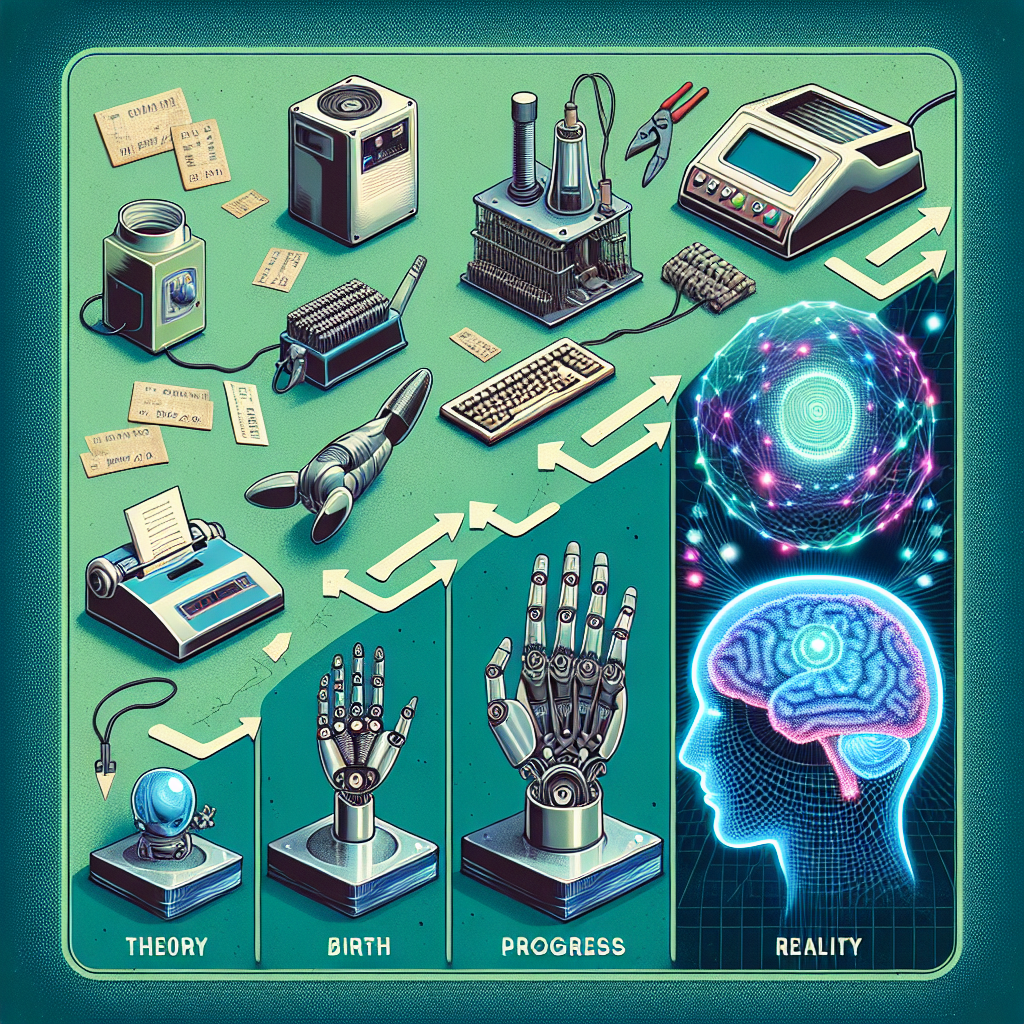Your cart is currently empty!
The Evolution of Artificial Intelligence: From Theory to Reality

Artificial intelligence (AI) has come a long way since its inception in the 1950s. What was once just a theoretical concept has now become a reality, revolutionizing industries and transforming the way we live and work. The evolution of AI has been a gradual process, marked by breakthroughs and advancements that have pushed the boundaries of what is possible.
In the early days of AI research, scientists and researchers focused on developing algorithms and models that could mimic human intelligence. The goal was to create machines that could think, learn, and adapt like humans. This led to the development of early AI systems such as expert systems, neural networks, and genetic algorithms.
However, progress was slow, and AI remained largely confined to academic research labs and government agencies. It wasn’t until the 21st century that AI began to gain mainstream attention, thanks to advancements in computing power, big data, and machine learning algorithms.
One of the key turning points in the evolution of AI was the development of deep learning, a subset of machine learning that uses artificial neural networks to analyze and learn from vast amounts of data. Deep learning has enabled AI systems to achieve remarkable feats, such as image recognition, natural language processing, and autonomous driving.
Another significant milestone in the evolution of AI was the development of reinforcement learning, a form of machine learning that enables AI systems to learn through trial and error. This has led to the development of AI-powered systems that can play games, control robots, and even beat human champions in complex games like chess and Go.
Today, AI is everywhere, from virtual assistants like Siri and Alexa to self-driving cars and smart home devices. AI is also being used in healthcare, finance, cybersecurity, and many other industries to improve efficiency, accuracy, and decision-making.
Looking ahead, the future of AI is bright, with new advancements on the horizon that promise to further push the boundaries of what AI can achieve. From quantum computing to neuromorphic computing, the next generation of AI systems will be faster, more powerful, and more intelligent than ever before.
In conclusion, the evolution of AI from theory to reality has been a remarkable journey, filled with breakthroughs and advancements that have transformed the way we live and work. As AI continues to evolve, it will undoubtedly play a central role in shaping the future of technology and society.

Leave a Reply